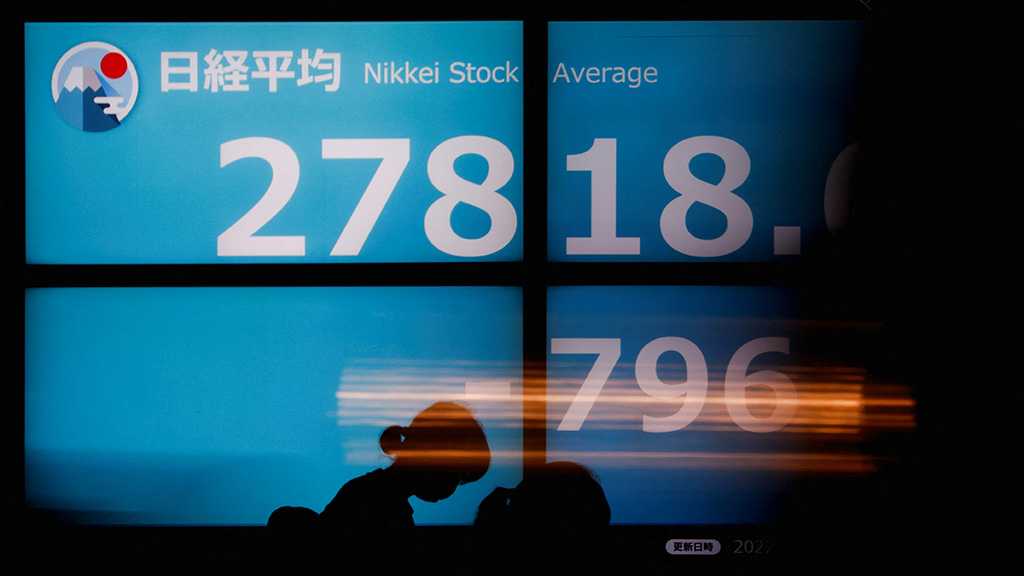
European Stocks Subdued by Rate Hike Risks, Yen Droops Again

By Staff, Agencies
Stock markets were sluggish and the dollar and bond yields shuffled higher on Thursday as the likelihood of a further jump in global borrowing costs, including a possible 100 basis point US rate hike next week, kept the bears on the prowl.
Europe's main bourses made a positive start after two days in the red, but the Japanese yen – pummeled to a 24-year low this month – drooped again as Tokyo posted a record trade deficit overnight.
It was a big day too for the crypto markets with a major software upgrade to the Ethereum blockchain dubbed the "Merge" taking place.
China's central bank had refrained from providing more support overnight although there had been some welcome signs of support elsewhere for the country's battered property market.
The broader focus however remained squarely on the risk of rising interest rates and painfully high energy prices causing recessions.
Credit rating firm Fitch became the latest to slash its world economy forecasts while bond markets were watching the German yield curve flatten markedly – another classic recession indicator.
"We’ve had something of a perfect storm for the global economy in recent months," Fitch Chief Economist Brian Coulton said, blaming "the gas crisis in Europe, a sharp acceleration in interest rate hikes and a deepening property slump in China".
The dollar, which has soared this year amid the jump in US interest rates and global scramble for safety, was showing its strength again.
Expectations that the Federal Reserve will raise rates another 75-100 basis points next week pushed the greenback back up 0.3% against the yen, after the yen jumped on Wednesday when Bank of Japan calls to FX desks triggered intervention talk.
The euro was again back below parity against the dollar. It was down 0.15% at $0.9964 and not too far from a 20-year low of $0.9864 hit last week. Britain's pound, which has also been hammered over the last month, likewise was 0.25% softer at $1.15115. /FRX
"The [Bank of Japan] steps were in reality the last efforts to halt JPY depreciation before actual intervention," MUFG's European global markets research head Derek Halpenny said.
"But it is also highly likely that there is still a deep reluctance on the part of the authorities to intervene," he added, on the view that such action might not be successful in the current environment.
Japan has not intervened in forex markets since 2011 and back then it was to restrain an overly strong yen.
Comments
- Related News



